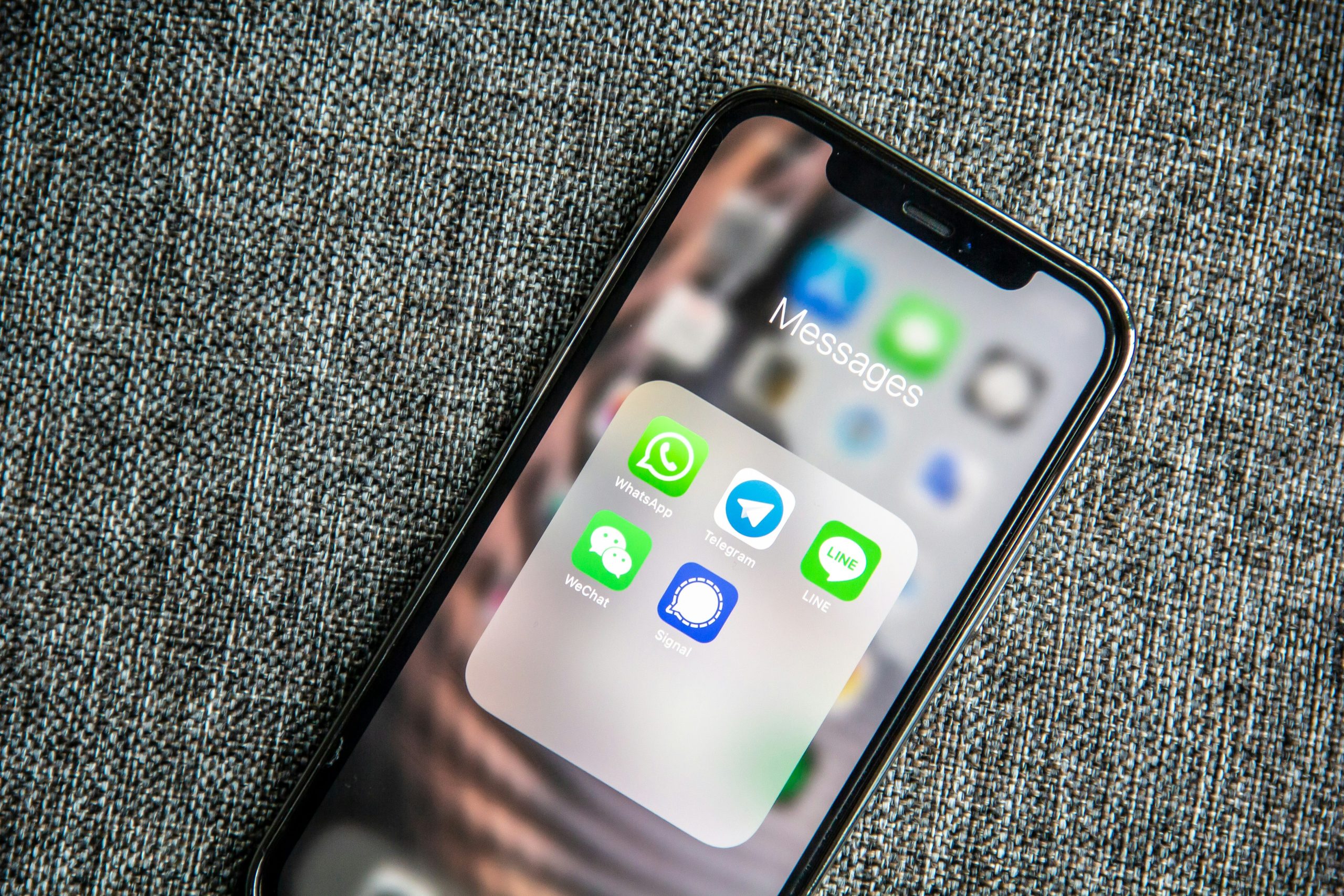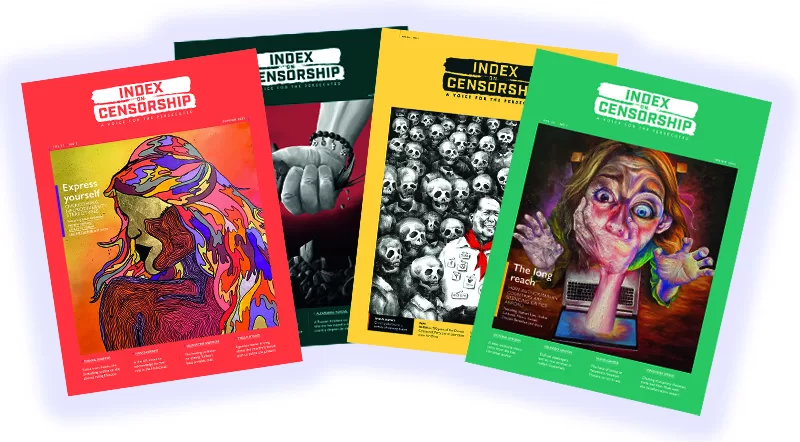[vc_row][vc_column][vc_column_text]
Each week, Index on Censorship’s Mapping Media Freedom project verifies threats, violations and limitations faced by the media throughout the European Union and neighbouring countries. Here are recent reports that give us cause for concern.
Russia: Investigative journalist dies after two brutal assaults
Nikolay Andruschenko, an investigative correspondent for weekly newspaper Novyi Petersburg died on 19 April after being subjected to two brutal assaults in March, Open Russia reported.
Alevtina Ageyeva, the director of Novyi Peterburg, told Mapping Media Freedom that on 9 March, two unknown individuals approached him near his house and demanded that he hand over documents and materials relating to an ongoing investigation into abuse of power by police officers.
When Andruschenko refused to cooperate, they hit him several times in the head and ran away. The journalist refused to file a complaint to the police.
The second assault took place a few days later. According to Ageyeva, she was called by the Mariinskaya hospital and told that Nikolay Andruschenko was in a critical state and being treated in the intensive care unit. He was found unconscious with a brain injury near his apartment.
Despite undergoing surgery he never recovered.
Although the local police have opened an investigation, Ageyeva doubts it will be conducted properly because of Andruschenko’s history of investigating cases of police corruption.
She is convinced that both assaults are related to Andruschenkov’s work as an investigative reporter.
France: Journalists barred from filming during meeting with presidential candidate Fillon
Two reporters for Buzzfeed News, David Perrotin and Paul Aveline, were physically prevented filming a meeting with French presidential candidate Francois Fillon on 17 April.
The journalists were filming two people who had interrupted Fillon’s meeting by shouting “Give the money back!” and were detained by the police when members of the candidate’s security staff physically prevented them from filming.
Guards first grabbed David Perrotin, pulling him by the collar, physically threatened him and demanded that he delete his video. A fuard then grabbed Aveline’s phone to prevent him from filming the scene.
At this point, according to Buzzfeed, a member of Fillon team said: “Throw them out.” It was only when the two journalists said they would write an article on the incidents that the members of the security team stopped threatening them.
During the same meeting, journalist Hortense Gerard, who works for BFMTV, was spat on. She later tweeted a photo of her sleeve covered in spit.
Russia: Novaya Gazeta receives serious threats after story on anti-gay purge in Chechnya
Independent newspaper Novaya Gazeta has received “direct threats addressed to its journalists” following publications on harassment of gay people in Chechnya according to a statement they released.
It says: “On 1 April 2017, Novaya Gazeta wrote on mass detainment and torture of Chechen residents who were suspected of being homosexual. We know the names of three persons murdered and we know that the number of those who were killed is much higher.(…)”
The backlash in Chechnya has left the entire staff of the newspaper fearful, the Guardian reported.
According to official data, on 3 April around 15,000 people attended an urgent meeting of representatives from the republic’s Muslim communities in the central mosque in Grozny, the capital of Chechnya.
During the meeting, Adam Shakhidov, an adviser to the head of the Chechen Republic, Ramzan Kadyrov, publicly accused the editorial staff of Novaya Gazeta of defamation and called them “enemies of our religion and our motherland”. This was broadcast live by a local TV channel and led to aggressive comments on social media.
After the meeting, a resolution was accepted. The second paragraph states the following: “The centuries-old traditions of Chechen society, the dignity of Chechen men, and our faith have all been insulted, and we promise that those behind it will face reprisals, whoever they are and wherever they are.”
Novaya Gazeta has called on the Russian authorities to prevent the hate speech directed at journalists for doing their jobs. When Novaya Gazeta’s statement was published online, its website crashed and staff are convinced this was due to a DDoS attack.
The backlash was sparked by an 1 April story from reporter Elena Milashina and her colleague Irina Gordienko. In March, Milashina had discovered evidence that gay men were being detained, tortured and even killed in an anti-homosexual purge in Chechnya.
Milashina spoke to The Washington Post on Friday 14 April from an undisclosed location and said she was thinking of leaving the country because of safety concerns.
Ukraine: Film crew shot at while investigating oligarch’s estate
Unidentified assailants shot at journalists from investigative program Slidstvo.Info on 14 April. The journalists were filming the estate of oligarch Rinat Akhmetov around Kyiv, the Institute of Mass Information reported.
“Our reporters Maxim Opanasenko and Kirill Shapar were filming a new estate near Kyiv which belongs to Rinat Akhmetov,” Slidstvo.Info reported.
Unidentified individuals shot a meter and a half above the car where Slidstvo.Info journalists were seated, Maxim Opanasenko told IMI. “I didn’t see the gunman. We suspect this was intended to scare us because they saw our drone,” the journalist said.
He added that the journalists are planning to investigate who the shooters were. No journalists were injured according to the IMI report.
Greece: Journalist arrested following libel lawsuit from central banker’s wife
Journalist and publisher Kostas Vaxevanis was arrested following a libel lawsuit against him filed by Lina Nikolopoulou, who is married to Bank of Greece Governor Yiannis Stournaras, Naftemporiki newspaper reported.
On 9 April Vaxevanis published an article in the weekly newspaper Documento about Nikolopoulou, who he claimed had received up to €400,000 of state money for medical and pharmaceutical lobbying and conference work and Stournaras presence in these conferences as a lecturer.
Vaxevanis alleges that contracts for these services were awarded to Nikolopoulou without being offered for public tender.
“The Stournaras family is not struggling in a legal battle, as it pretends. Mr and Mrs Stournaras struggle for their survival. They are trying to cover the way they act and operate,” Vaxevanis wrote in a statement asking for support.
The party leading the Greek government, Syriza, issued a statement stressing that the lawsuit “directly challenges journalism and press freedom” and adding that “the report raises some critical questions about the public health area, which require serious and documented answers”.
Vaxevanis was released later the same day.
[/vc_column_text][/vc_column][/vc_row][vc_row][vc_column][vc_column_text]
Mapping Media Freedom
Click on the bubbles to view reports or double-click to zoom in on specific regions. The full site can be accessed at https://mappingmediafreedom.org/[/vc_column_text][/vc_column][/vc_row][vc_row][vc_column][vc_basic_grid post_type=”post” max_items=”4″ element_width=”6″ grid_id=”vc_gid:1493112590515-3ca2c0ad-ff59-8″ taxonomies=”6564″][/vc_column][/vc_row]




